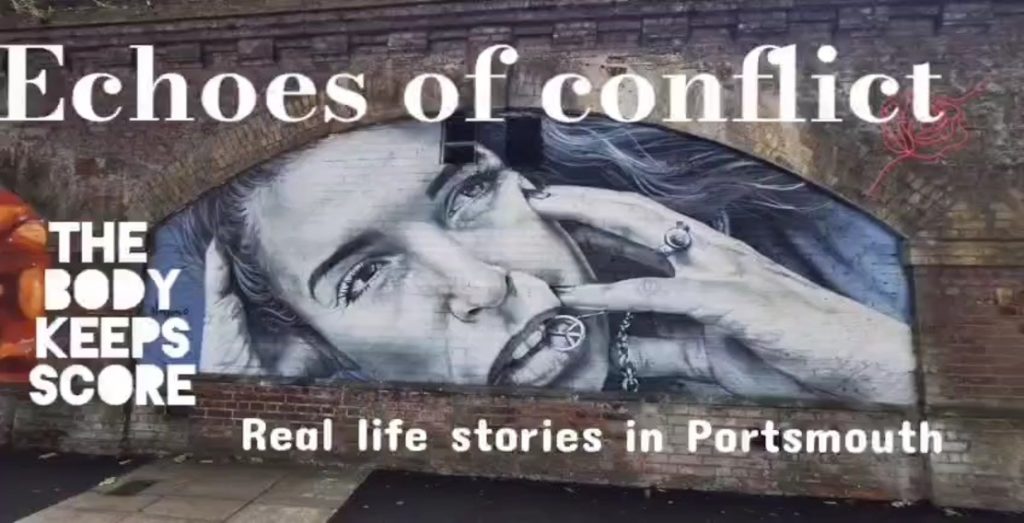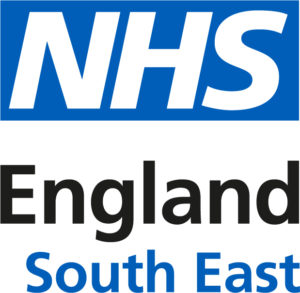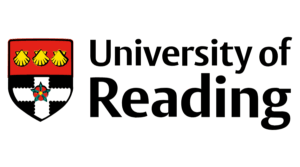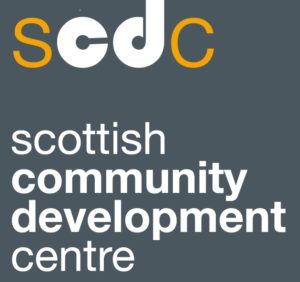The Hidden Impact of Conflict on Health and Wellbeing

At Portsmouth Mediation Service (PMS), we know that conflict affects lives every day. But could conflict itself be considered a health inequality? That’s the powerful question our team is exploring through the Community Participatory Action Research (CPAR) programme, funded by NHS England. In September 2024, PMS Team members Laura and Nadiya began their CPAR journey, focusing on how conflict impacts health and wellbeing. CPAR empowers voluntary sector organisations to recruit, train, and mentor local researchers, supporting community-led studies that influence decision-makers at both local and regional levels.
Why Conflict?
Through their frontline work, Laura and Nadiya have seen how conflict becomes a constant in many people’s lives. It often feels “normal” – just something to be endured. Yet the effects are far from ordinary. Ongoing conflict brings stress, anxiety, and relationship breakdown, which can take a severe toll on both mental and physical health.
As Nadiya & Laura explain:
“People aren’t thriving – they’re just surviving. Conflict chips away at wellbeing in ways that often go unseen, but the impact is real and lasting.”
Our Research Journey
To carry out this work, Laura & Nadiya received specialist training from the University of Reading and the Scottish Community Development Centre, gaining skills in research methodology, data analysis, and creating actionable change. Using a combination of interviews, surveys, a writing workshop, and a focus group, they gathered a wide range of voices and experiences. The findings not only confirmed their concerns but also revealed that the scale and severity of health issues linked to conflict are even greater than expected.
Some of the stories shared were deeply moving — and, at times, heartbreaking — shining a light on how urgently this issue needs recognition.
What’s Next?
Nadiya and Laura will present their findings at a national CPAR event in London on 25 September, before sharing their work locally in Portsmouth. This is only the beginning. PMS will continue building evidence, amplifying the voices of our community, and working with partners to ensure conflict is recognised as a serious barrier to health and wellbeing.
If you’re interested in our research, have questions, or would like to get involved, we’d love to hear from you. Please contact us to start the conversation.




